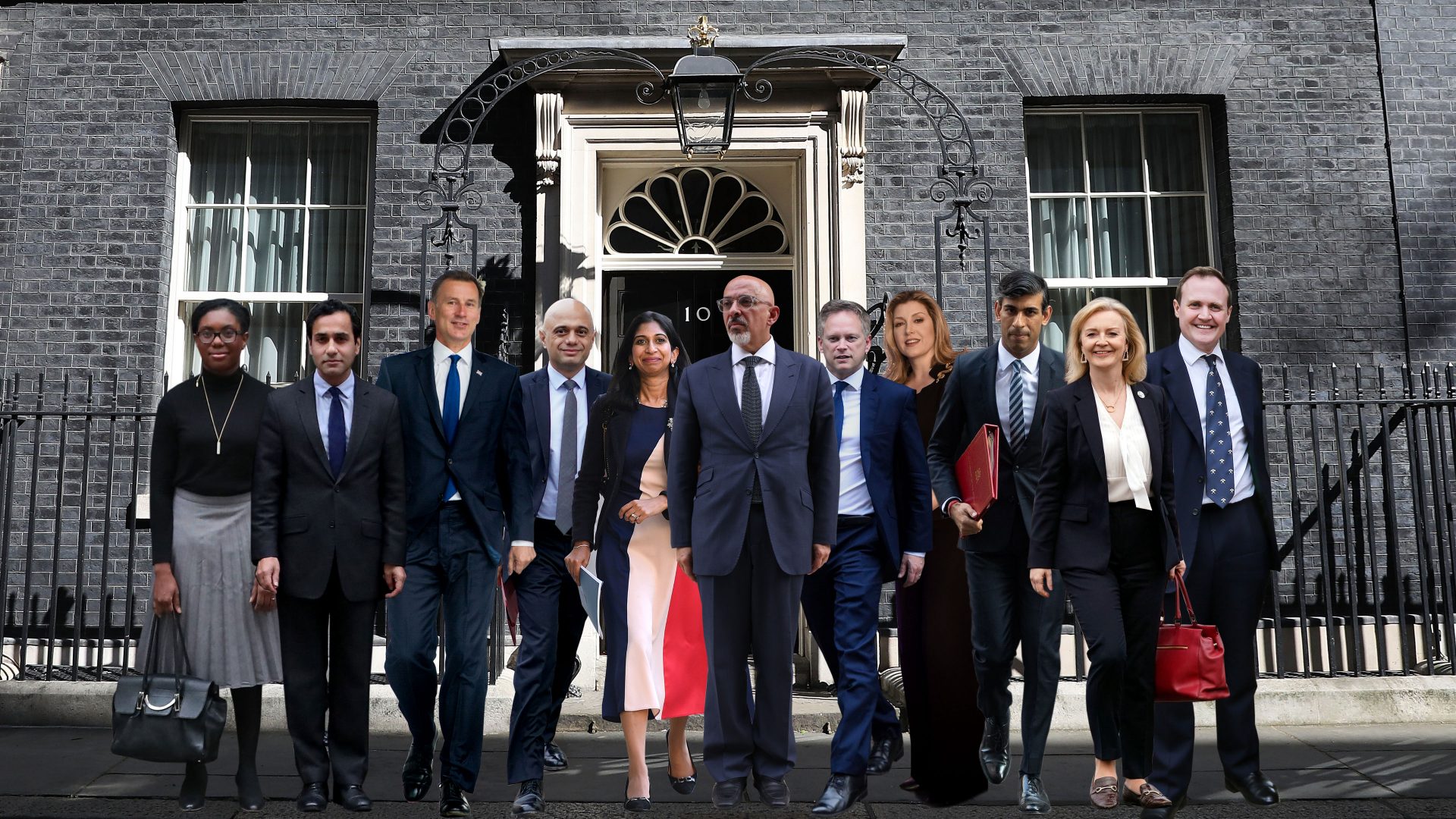Brexit has become a red line issue for the Conservative Party, and candidates for prime minister are falling over each other to prove their ideological purity to both Tory MPs and party members.
Bizarrely, though, they are not being required to explain how they would address the devastating economic impacts of our decision to leave the EU. Whilst remarkable, this is entirely consistent with how the issue of our relationship with Europe has been exploited and allowed to exist in a fantasy land where laws of economic reality don’t exist.
At the European Movement, we reject this mythical thinking. We have paid careful attention to how creating trade barriers with our closest neighbours has exacerbated the cost-of-living crisis through inflation and increased business costs, whilst decimating investment in our regions.
‘Project Fear’, as it was billed, has become the reality of a hostile economic environment that has emptied our shelves, stifled growth and hit our poorest families hardest.
Rather than inviting us to join them on a hunt for the mythical Brexit unicorn, candidates to be our next prime minister need to address the daily economic hardships that Brexit has forced on people across the country.
The following series of questions demand that they to do just that.
Professor Dennis Novy of Warwick University has calculated that the slump in sterling because of Brexit has increased consumer prices by 2.9%, costing the average household an extra £870 per year. This is pushing families already struggling with the cost-of-living crisis into desperate poverty.
What can you do to rebuild our currency’s value and convince financial markets that Brexit is good for our economy? Adam Posen, a former member of the Bank of England’s monetary policy committee, warned
that since Brexit the UK has fallen from the most attractive to Foreign Direct Investment to one of the least attractive because of a lack of trade with EU countries.
Given that investment is critical to the growth you have all pledged to deliver, wouldn’t it be more effective to improve our European relationships than to cut taxes for businesses since there is no evidence that this increases investment?
According to the ONS, the UK balance of payments deficit hit 8.3% of GDP last month with the additional burden of red tape since we left the EU certainly contributing to this new record.
How will you seek to reverse the decision by a third of our small businesses (HMRC figures) to stop exporting goods to the EU because of the additional administrative burdens caused by Brexit?
Northern Ireland’s gross domestic product grew 1.4% between July and September 2021, compared with just 0.9% in Scotland and 0.6% in England. Meanwhile, Wales shrank by 0.3%, ONS figures revealed. The consequence of leaving the EU single market has landed us with increased trade frictions and a struggling economy.
Do you think Northern Ireland’s continuing status within the single market explains its recent economic success relative to Great Britain?
The job vacancy rate in the UK was 4.3% in the three months to the end of May, well above the EU average of 2.9%. Neil Carberry, chief executive of the Recruitment and Employment Confederation, warned that ending free movement was responsible for these labour shortages, leading to high wages and a wage-price spiral. At the same time, more visas are being issued to
workers from countries such as India and Zimbabwe, more than France.
Do you think this switch from European labour migration to global labour migration fulfils the promise of Brexit on immigration? Will you continue the policy of importing workers from countries outside Europe on a unilateral basis, or will you renegotiate mutual freedom of labour movement with our European neighbours?
All the Tory leadership candidates are trying to cover up the economic damage that Brexit is doing. But the British people are not fooled and, as project fear turns into Brexit reality, we are not surprised to see public opinion turning increasingly strongly against our decision to leave the EU.
Molly Scott Cato is senior vice-chair of the European Movement and a former MEP for South West England










